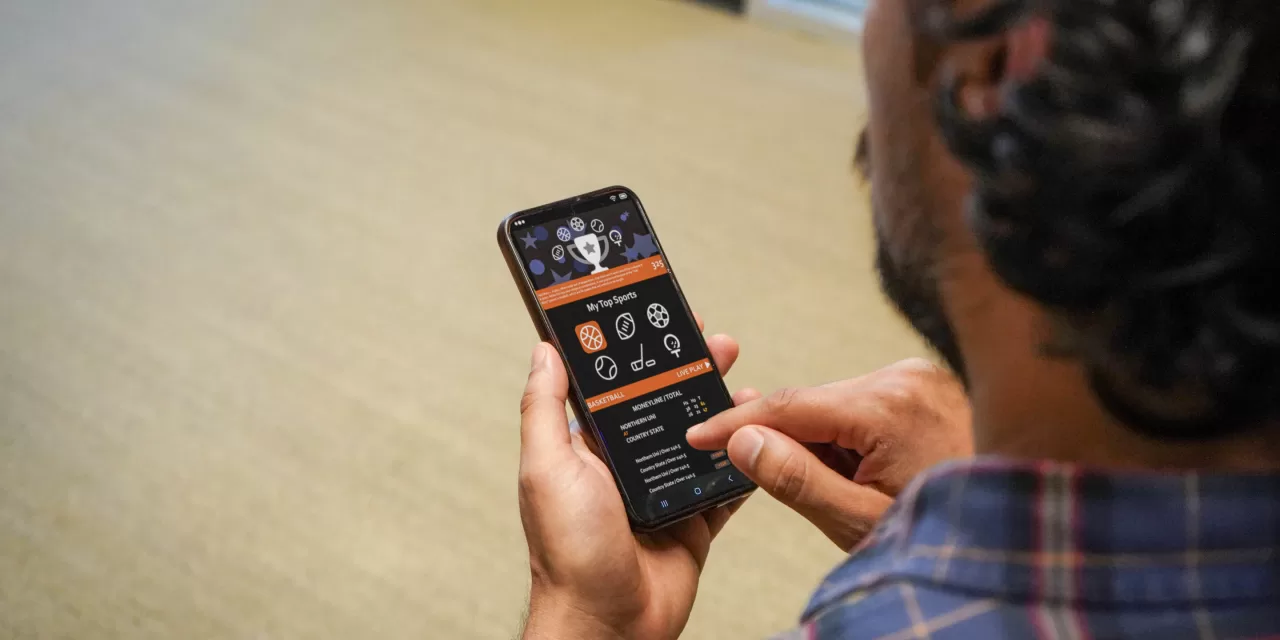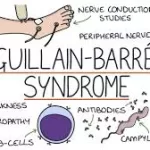A new study, published in JAMA Internal Medicine, highlights a disturbing surge in gambling addiction since the 2018 Supreme Court ruling that legalized sports betting across the United States. The research, conducted by the University of California San Diego Qualcomm Institute and School of Medicine, underscores a dramatic rise in both sports betting activity and the number of individuals seeking help for gambling addiction.
The study’s senior author, Dr. John W. Ayers, vice chief of innovation in the Division of Infectious Disease and Global Public Health at UC San Diego, explains that the expansion of sportsbooks (places where people wager on sports competitions) has been rapid, particularly following the landmark Murphy v. NCAA decision. “When the Supreme Court legalized sportsbooks, public health experts largely overlooked the potential consequences. But now, sportsbooks have expanded from a single state to 38, and billions of dollars are being wagered, with millions seeking help for gambling addiction,” Ayers said.
Unprecedented Growth in Sports Betting
Since the 2018 decision, the study documents startling growth in the sports betting sector:
- The number of states with legal sportsbooks grew from 1 in 2017 to 38 in 2024.
- Total wagers skyrocketed from $4.9 billion in 2017 to $121.1 billion in 2023, with 94% of those placed online.
Matthew Allen, a third-year medical student involved in the study, points out that sports betting has become woven into the fabric of American culture. “From relentless advertising to social media feeds and in-game commentary, sportsbooks are everywhere. What was once a taboo activity has now been completely normalized.”
The Public Health Blind Spot
Despite gambling addiction being a recognized disorder in the Diagnostic and Statistical Manual of Mental Disorders, it remains largely neglected in healthcare. Dr. Kevin Yang, a psychiatry resident physician at UC San Diego, stresses the absence of formal surveillance in this area. “Without systematic surveillance, we are flying blind while millions bet on sports,” Yang said.
To understand the scale of gambling addiction, the researchers analyzed Google search trends for phrases related to gambling addiction, such as “am I addicted to gambling” and “gambling addiction hotline,” between January 1, 2016, and June 30, 2024. Dr. Davey Smith, a professor of medicine at UC San Diego, noted that many individuals struggling with addiction turn to the internet for help. “By analyzing search trends, we can gain real-time insight into the true scale of gambling addiction.”
Record Levels of Gambling Addiction Help-Seeking
The findings show a 23% increase in gambling addiction-related search queries across the nation since the legalization of sports betting. As of June 2024, around 6.5 to 7.3 million people have searched for gambling addiction help, peaking at 180,000 monthly searches. Notably, states with newly opened sportsbooks, including Illinois, Massachusetts, Michigan, and Ohio, have seen significant increases in searches for gambling addiction resources.
Online Sportsbooks and Greater Risk
The study also found that online sportsbooks are linked to a more substantial rise in gambling addiction help-seeking compared to traditional, brick-and-mortar sportsbooks. In Pennsylvania, for instance, the introduction of online sportsbooks led to a 61% increase in gambling addiction-related search queries, compared to a 33% increase following the launch of retail sportsbooks.
Dr. Adam Poliak, an assistant professor at Bryn Mawr College, explained, “The accessibility and convenience of online sports betting significantly amplify the risks, making gambling addiction even harder to manage.”
Policy and Public Health Reforms Needed
In light of these findings, the researchers urge policymakers and healthcare professionals to take action. Dr. Nimit Desai, a medical student involved in the research, emphasized the need for reform. “The expansion of legalized sports betting has outpaced our ability to understand and address its public health consequences.”
The study advocates for several key interventions:
- Funding for gambling addiction services using sportsbook tax revenues to ensure accessible treatment.
- Advertising regulations similar to those for tobacco and alcohol to protect vulnerable groups.
- Clinical training programs for healthcare professionals to improve gambling addiction diagnosis and treatment.
- Stronger safeguards for online sportsbooks, including betting limits, age restrictions, and credit card use restrictions.
- Expanded public awareness campaigns to reduce stigma and encourage early intervention.
- Ongoing research collaborations to evaluate the effectiveness of these interventions.
Dr. Ayers concluded, “We must act now. History has shown that unchecked industries, such as tobacco and opioids, cause immense harm before regulations catch up. We can either take proactive steps to prevent gambling-related harms or repeat past mistakes.”
For more information, see Growing Health Concern Regarding Gambling Addiction in the Age of Sportsbooks in JAMA Internal Medicine (2025). DOI: 10.1001/jamainternmed.2024.8193.
Disclaimer: This article is based on a recent study and should not be taken as medical advice. If you or someone you know is struggling with gambling addiction, please seek help from a licensed healthcare professional.











